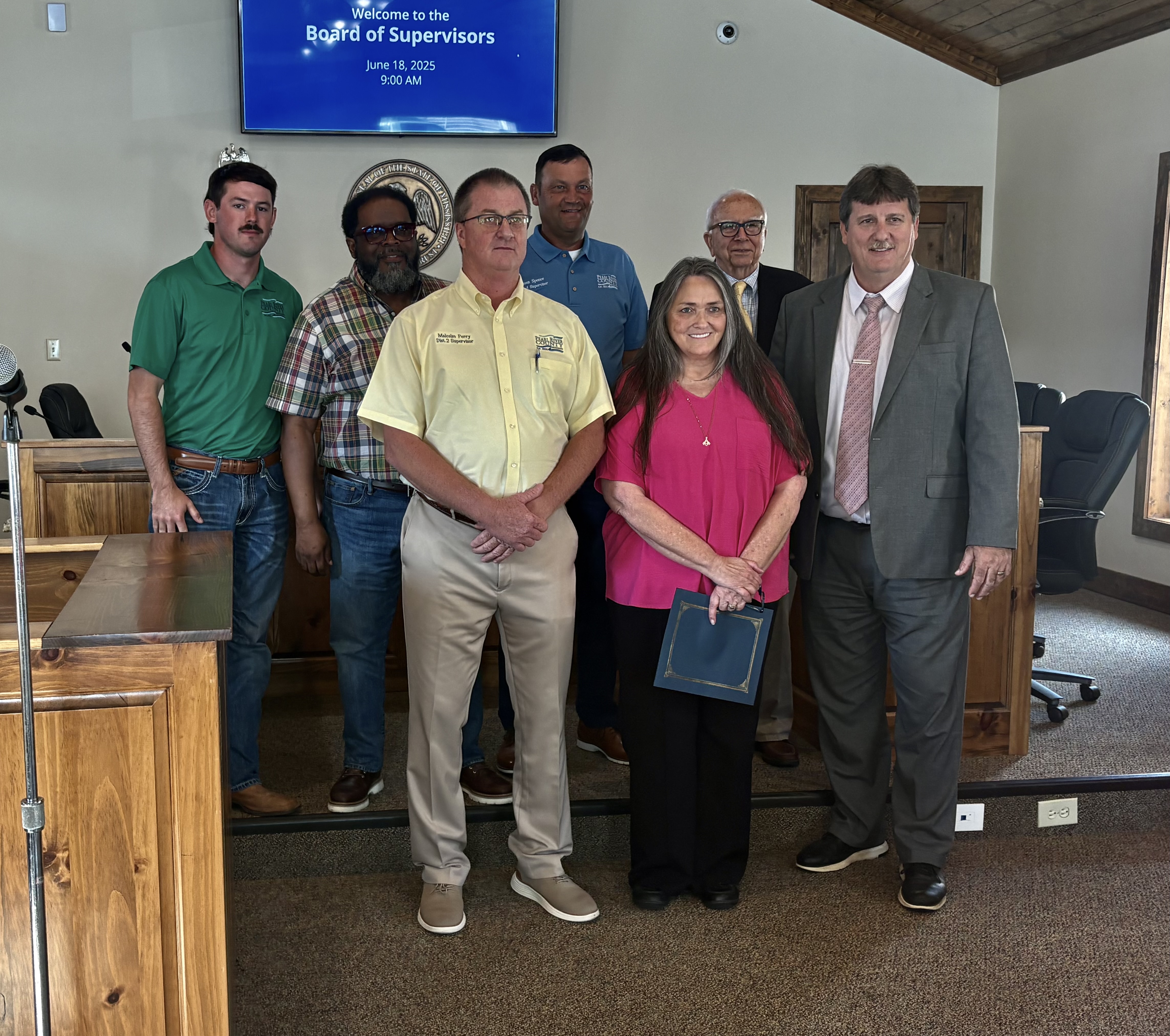District 108 candidates speak
Published 7:00 am Saturday, July 15, 2017

- Mississippi House District 108 candidates from left to right are: Stacey Hobgood Wilkes, Jerry W. Frazier and Tavish Cordero Kelly. Submitted photos
In about 10 days, registered voters in south Pearl River County will head to the polls to vote for the next Mississippi House District 108 representative.
As their names appear on the candidate qualifying list, the candidates in this race are Stacey Hobgood Wilkes, Jerry W. Frazier and Tavish Cordero Kelly. They vie for the District 108 seat in a special election set for July 25. None of the candidates have held public office before.
Long-time Representative Mark Formby vacated the seat earlier this year to accept an appointment to the Mississippi Worker’s Compensation Commission, previous coverage states.
Despite the fact that candidates don’t run under party lines during a special election, several candidates are voicing their political ideals during the campaign.
Kelly, a leader in the Young Americans for Liberty organization, said he was the chair of the Republican Party in Pearl River County and served on the executive committee.
Wilkes contested Kelly’s political alignment, saying, “I am the only Republican in this race.”
“…He clearly states that he is a Libertarian,” Wilkes said.
But when it comes to the issues, all three candidates focused on changes needed for public education to become more successful.
Both Kelly and Wilkes said it would be important to find a way for more state dollars to reach classrooms, rather than be spent on administrative costs.
Wilkes emphasized the need for more vocational programs, saying, “every child is not college material.”
Kelly said that only half of every dollar spent on education makes it to the classroom.
“We could spend half the money and get the same quality of education,” Kelly said, though he added he did not want to reduce funding that is set aside for education.
Instead, Kelly said that by pressuring school boards and districts to operate within their means and scale back expenditures it could reduce administrative costs.
“I think that a lot of administrative duties should be performed by teachers, similar to how coaches are also teachers,” Kelly said.
Frazier, whose wife and daughter are both Pearl River County educators, said finding a way to pull Mississippi from the bottom of educational rankings is the only way to give students the best chance at job opportunities. If elected, Frazier said gaining inside information into education spending would allow him to address the issue of under-achievement.
The candidates also discussed other issues like transportation, taxes and curbing state spending.
Kelly said the state has increased spending by 50 percent in the last 10 years, calling that an unsustainable rate of growth.
As a small business owner, Kelly said it is important to scale back state laws and regulations that prohibit business growth.
Wilkes, also a small business owner, expressed similar views about business regulation, calling for less government interference and the removal of red tape, especially in productive economic sectors like agriculture and timber.
Despite these stated shortfalls in state government, the candidates expressed hope for the future and a desire to work for the community.
“With my work experience and education and the involvement I’ve already had in community, I’ve already played a vital role in community and I’m ready to give back,” Wilkes said. “The main difference is I’m running for the right reasons.”
But, seeing as how each representative serves along 121 other elected representatives, coordination and cooperation also plays a key factor in each candidate’s platform.
“I think the key for any new legislator is to find people with similar, like-minded ideas. There are many places where I agree with people and there are many places where I disagree with people. But I want to find everybody and find one issue or a bunch of issues I agree with them on,” Kelly said.
With a total of three representatives in Pearl River County, Frazier said whoever is elected needs to work with those already in office and be a true representative of the diverse constituency to make sure everyone’s voice is heard.
“One person cannot make a difference, but one person working together with individuals with similar interests and mindsets can,” he said.






